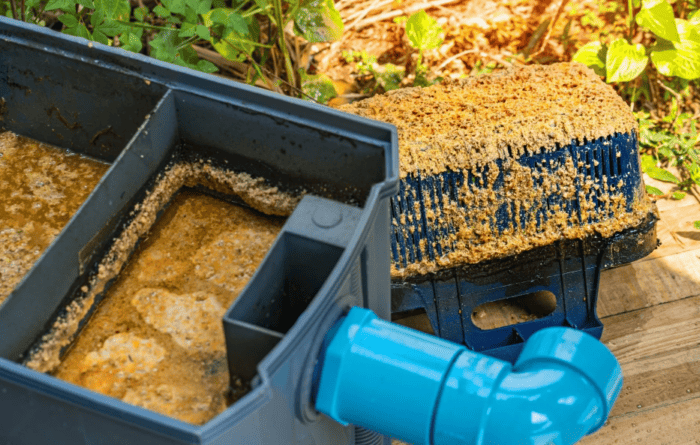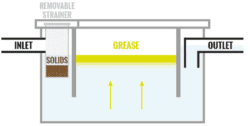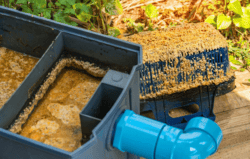Deciding whether to install a grease trap requires careful consideration of various factors related to your specific situation, establishment, and environmental impact. Grease traps play a pivotal role in managing wastewater and preventing grease-related issues, particularly in commercial kitchens and food service establishments. Here are some key points to explore when deciding whether to invest in a grease trap.
What is a grease trap?
A grease trap is a plumbing device designed to capture and separate grease, fats and oils from wastewater generated in commercial kitchens before it enters the sewage system. It works by using the difference in density between water and grease so that when wastewater flows into the grease trap, it slows down and allows the grease and oils to rise to the top due to their lower density. The separated grease forms a layer on the top of the trap, while the relatively cleaner water continues to flow through and exits the trap at the bottom.
The benefits of having a grease trap:
Compliance with regulations
Many councils mandate the use of grease traps for commercial kitchens. Installing a grease trap ensures you adhere to local regulations and avoid potential fines or penalties.
Prevent drain blockages
There are up to 300,000 sewer blockages every year. Grease, oils and fats from cooking can solidify and cause blockages in pipes and sewers. A grease trap intercepts these substances, preventing clogs and potential backups that could disrupt your operations and require costly repairs.
For drain lining Gloucester, contact a specialist such as Wilkinson Environmental.
Environmental responsibility
Grease accumulation in sewers can adversely affect the environment, leading to sewer overflows and contamination of water bodies.
Long-term savings
While there is an upfront cost associated with purchasing and installing a grease trap, it can lead to long-term savings. By preventing pipe blockages, backups and potential legal fines, a grease trap can contribute to reduced operational costs over time.
In conclusion, if you operate a commercial food service business, the benefits of preventing clogs, complying with regulations and promoting environmental responsibility could make a grease trap a valuable investment.



